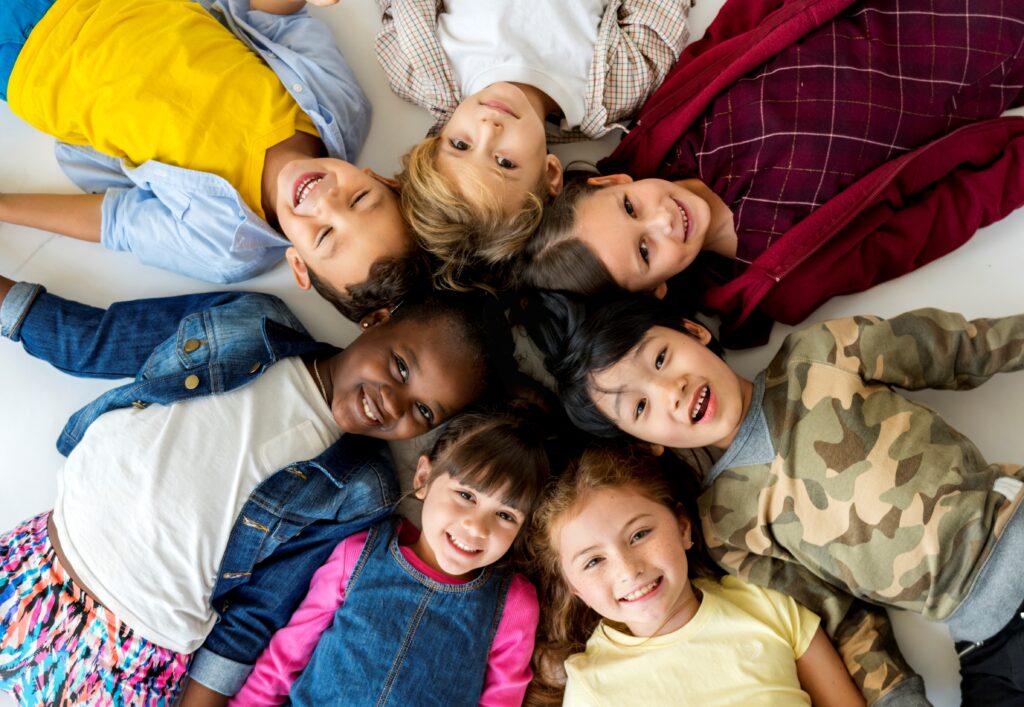
ROME, May 14 (Bernama-dpa) — The Netherlands and Denmark are the top two places to be a child based on measures of mental wellbeing, physical health, and skills, German Press Agency (dpa) reported.
This was the finding of a research by the United Nations (UN) children’s organisation UNICEF published on Wednesday.
France took the third spot, followed by Portugal and Ireland, according to the UNICEF report, which compared data from 43 Organisation for Economic Co-operation and Development (OECD) and EU countries.
New Zealand, Colombia, Mexico, Turkey, and Chile were the lowest-ranked countries.
The report found many countries suffered sharp declines in children’s academic skills due to COVID-19 pandemic school closures.
UNICEF Innocenti Global Office of Research and Foresight director Bo Viktor Nylund said children were already struggling on multiple fronts prior to the pandemic.
“Now, in the face of rising economic uncertainty, countries need to prioritise children’s education, health and wellbeing to secure their lifetime prospects and happiness, as well as our societies’ economic security.”
Across the 43 countries, an estimated eight million 15-year-olds – around half of the age group – were assessed as not functionally literate and numerate, meaning they were unable to understand a basic text. The proportions were highest in Bulgaria, Colombia, Costa Rica, Cyprus, and Mexico.
There were bright spots, with a steady decline in child mortality, an overall reduction in adolescent suicide, and an increase in school completion rates noted.
However, the report raised concerns regarding mental health, with children’s life satisfaction falling. Japan was the only country to see a marked improvement.
Children’s physical health also deteriorated, with the number of overweight children continuing on an upward trend.
“In the wake of the pandemic, the data set a worrying benchmark for children’s wellbeing, especially for children from disadvantaged backgrounds,” Nylund said.
“The extent of the challenges children are facing means we need a coherent, holistic, whole-of-childhood approach that addresses their needs at every stage of their lives.”
— BERNAMA-dpa